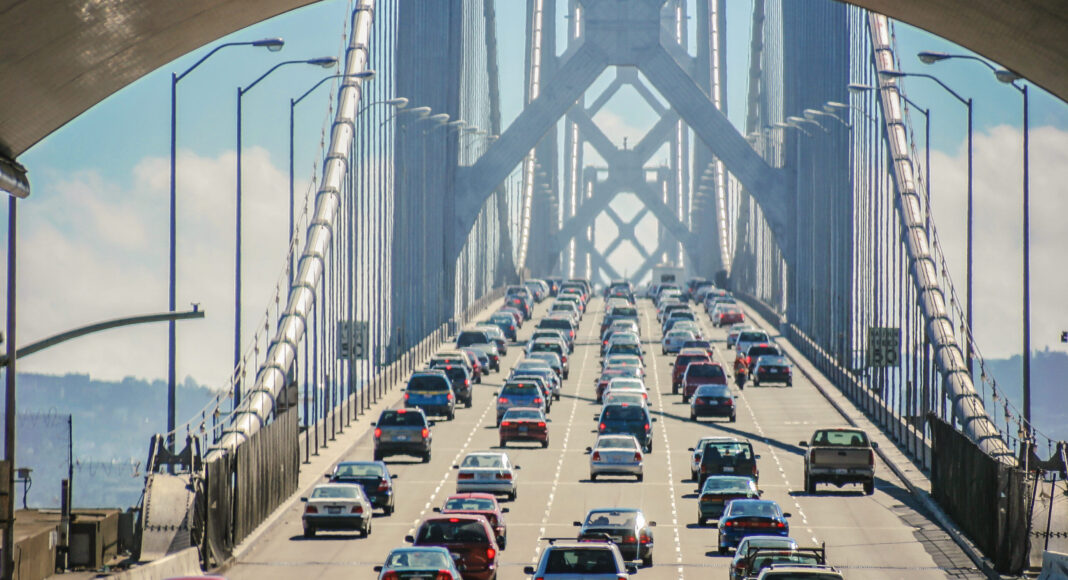Researchers discovered that the introduction of Uber had negative impacts on transportation, findings that required cooperation with public authorities when Uber refused to share their data. The situation is evidence of a shift in data used for research that requires new perspective from academics, industry, and public agencies.
The Guardian reported last month that Uber executives sought to manipulate academic research to support their lobbying efforts and appeal to regulators. While the charges that a well-known economist accepted €100,000 to produce a report “actionable for direct PR to prove Uber’s positive economic role” are especially egregious, the reporting highlights a subtler, but more widespread problem. If we let special interests dictate the research that gets done, we won’t have the information we need to make decisions in the best interest of the public.
As an academic who has studied the effect of ride-hailing on the transportation system, I understand this first-hand. In 2017, I visited Uber Headquarters to ask for data. I requested the origins and destinations of trips, aggregated to Census tracts, and averaged to weekday conditions to protect privacy. Uber staff said they could not share those data but asked if I knew that Uber supports public transit and offered instead to provide detailed individual trip data for all the Uber trips to and from rail stations in the Bay Area. With the data filtered in that way, it was clear that I would only be able to reach one conclusion. I declined.
Instead, I engaged with the San Francisco County Transportation Authority, which had been seeking the same data for some time. Transportation Authority staff worked with researchers at Northeastern University to collect data on available vehicles from the Uber and Lyft servers, which they could use to infer the location of trips. The Transportation Authority asked a team of researchers, including me, at the University of Kentucky to analyze those data. We found that between 2010 and 2016, the introduction of ride-hailing in San Francisco led to 10 percent less bus ridership and to 60 percent more congestion, as measured by vehicle hours of delay. Separate research confirms that this trend is not limited to San Francisco—throughout the US, ride-hailing has led to fewer public transit riders, more traffic, and higher emissions.
The value of independent research and open access to data is clear. To craft effective policy regulating the use of public streets and to make sound infrastructure investments, cities need to understand how their streets are being used.
Of course, it often is appropriate to do research in collaboration with industry. After all, the industry perspective is an important part of the economy and society. It is also appropriate to get paid for research—my university received $50,000 to complete this study, which we used to pay a graduate student to work on the analysis. However, researchers must remember that our first obligation is to a fair analysis, and not necessarily to making the sponsor happy. The overwhelming majority of research I have reviewed meets this standard—it is done in good faith.
The bigger problem is what economist Luigi Zingales calls the “Sherlock Holmes Principle.” With the rise of the internet, smartphones, and mobile apps, companies control vast amounts of “big data.” Data is the foundation of research, and by controlling who has access to those data, companies can control the research that gets done and our understanding of the world.
This situation represents a shift from a generation ago, when the most important data sets—the Census, labor statistics, and large-scale transportation surveys—were all the domain of the public sector. It also represents an equity issue—this is exactly the type of work that would benefit from a diversity of perspectives, and those perspectives are excluded if only “insiders” can access data.
There are steps we can take to counter this exclusionary situation.
Academics can and should publish their data alongside their papers, and journals can require doing so. For each of our papers, anyone can download the data, verify the results, and build upon them. Where there are legitimate privacy concerns, intermediaries such as the Open Mobility Foundation can facilitate secure data storage. And more cities can follow the lead of New York and Chicago, which have opted to enforce data sharing through regulation. Together with strong and independent universities, these steps can ensure that policymakers have objective information on which to base their decisions.
When we presented our findings to the Transportation Authority Board, the commissioners expressed appreciation for transparent analysis and noted: “the irony of the TNC companies, on the one hand, challenging your findings and on the other hand not providing data themselves.” Policymakers often do value evidence in making decisions. Let’s make sure they have it.
Learn more about our disclosure policy here.






